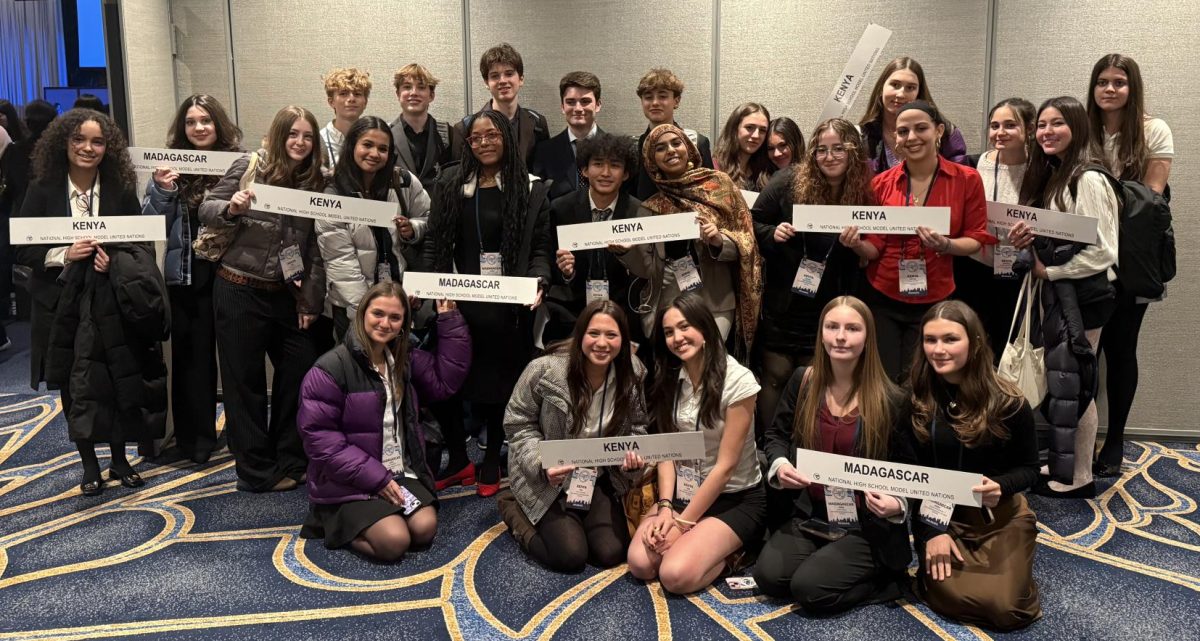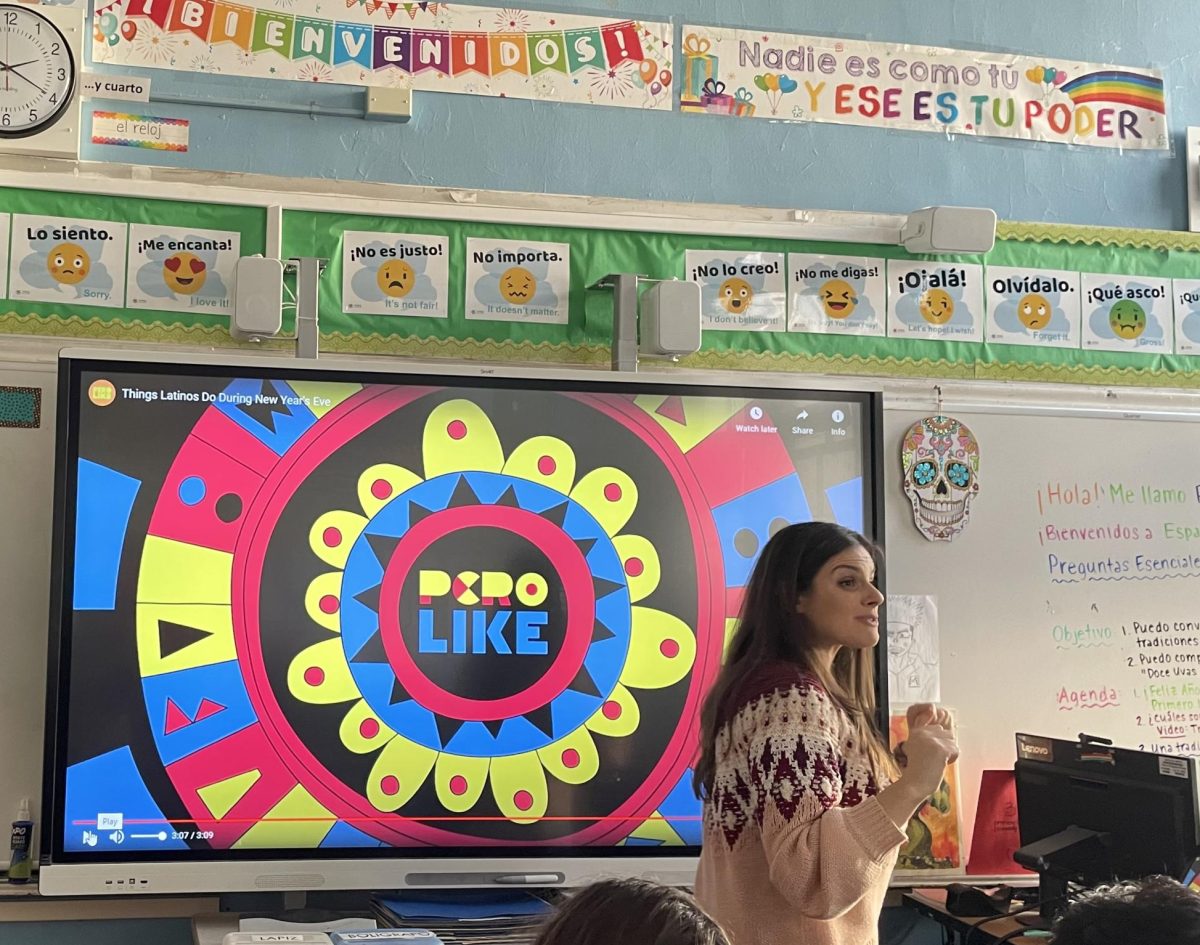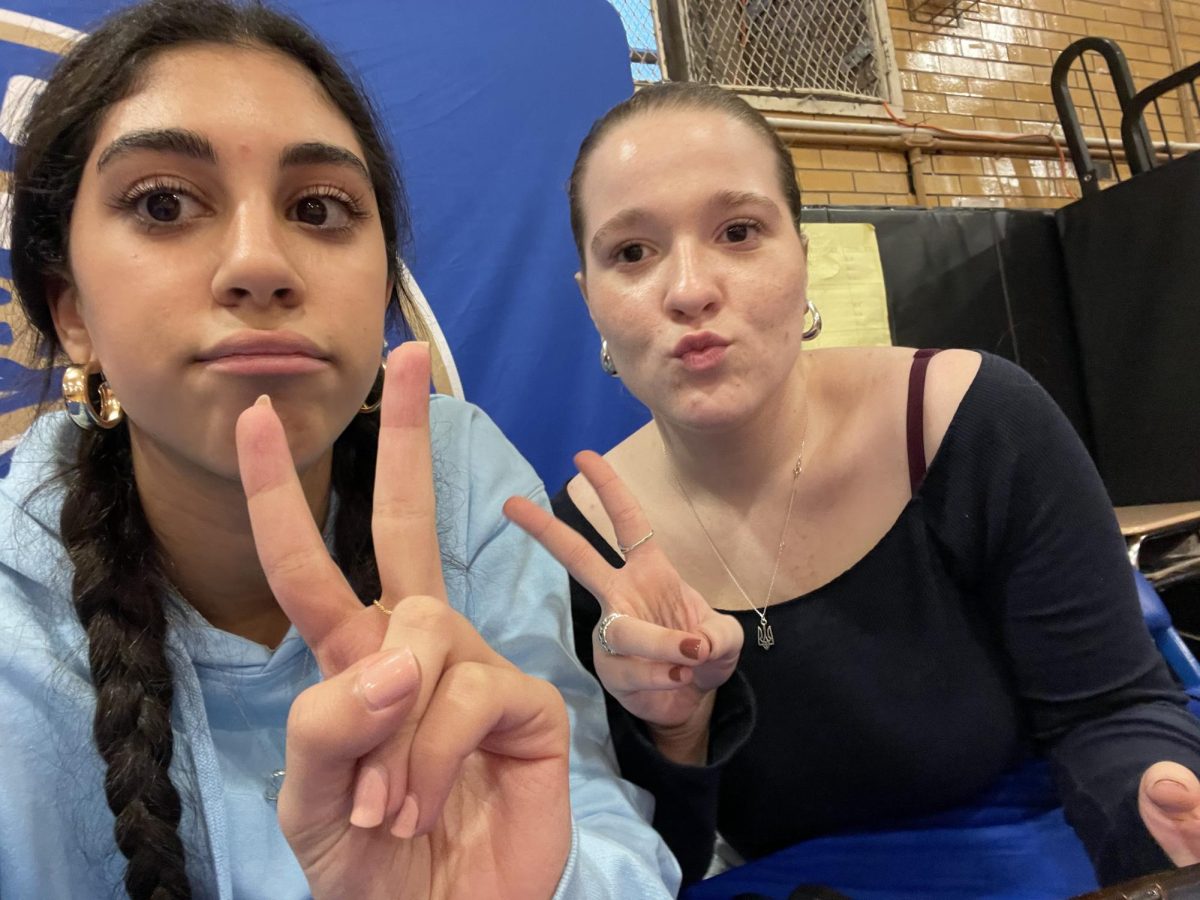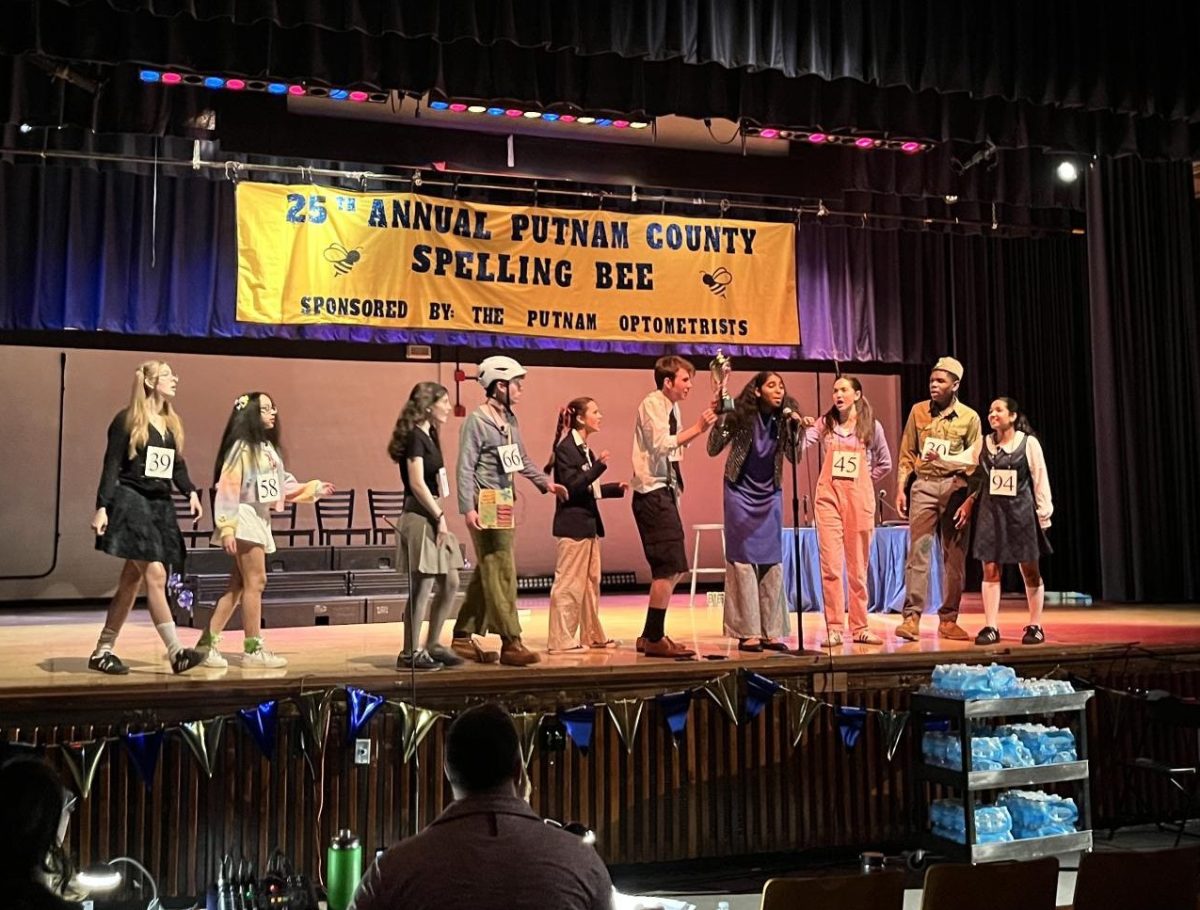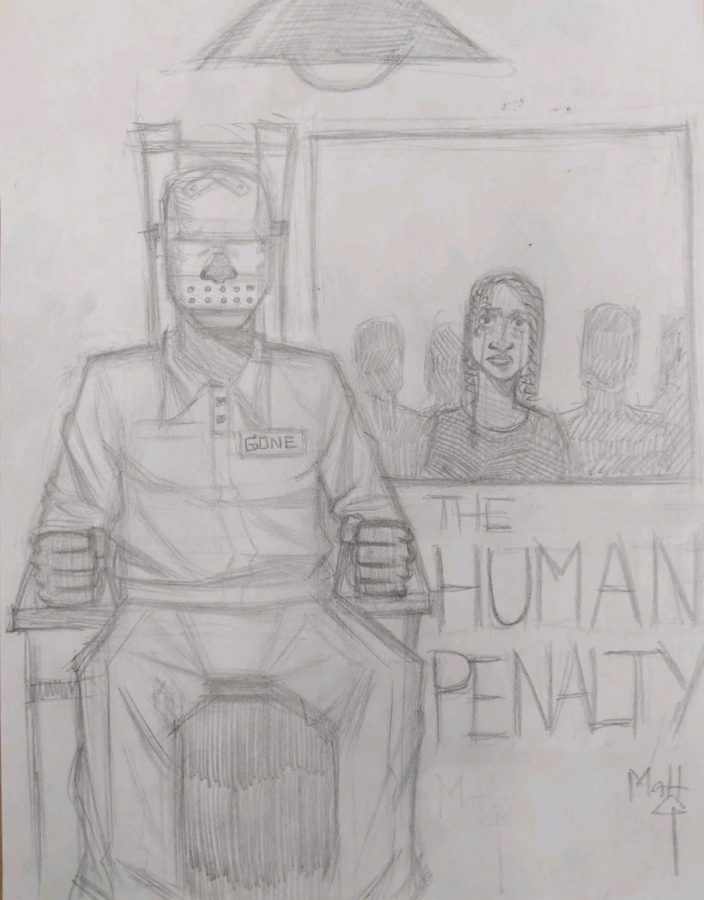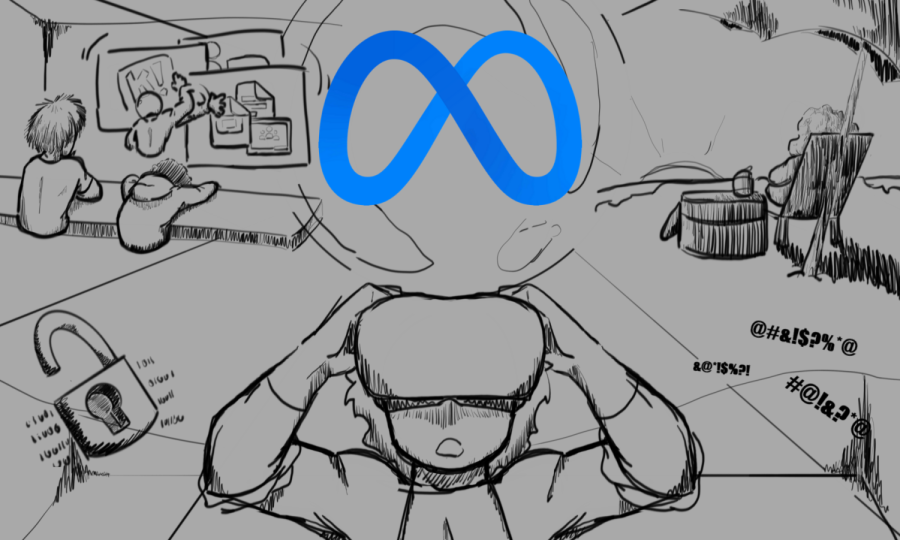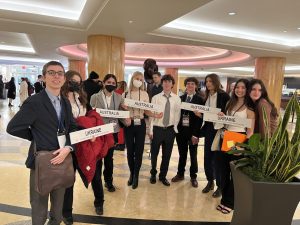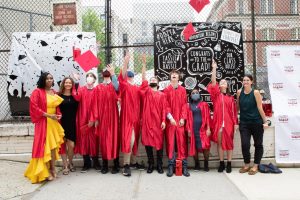Social Media Affecting Teens In Ways You Didn’t Know
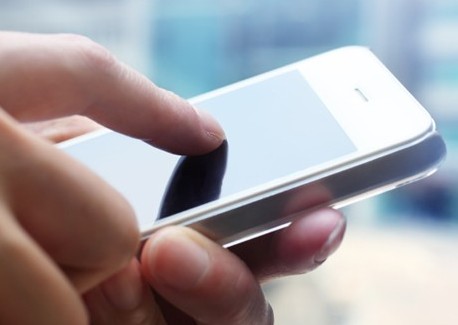
November 14, 2016
CNN reported that researchers at UCLA Brain Mapping Center formed a simulation by having teens use Bespoke, an app similar to Instagram that helped researchers study different parts of the brain and how the app affected them.
They did this by observing teens while they were using the app. The research displayed that the brain activated when the teens gained more likes on Bespoke. Nucleus accumbens are a part of the reward circuitry of the brain. They are also activated when you see a loved one, or win money. When this part of the brain is activated, teens are more likely to use social media.
The teens in the experiment for UCLA Brain Mapping Center were also shown a variety of pictures, from food and friends to alcohol and cigarettes to see if the type of photo shown would determine if they would “like” it or not. The experiment concluded that the type of image shown did not determine the number of likes, but the popularity of the picture (number of friends) who liked the picture would determine if they “liked” the picture or not. If they saw that their friends “liked” the picture then they would like it too, but if not then they would scroll past the picture.
Social media can serve other purposes as well. “Social media allows me to connect with people who have the same interests as me,” said Shani Hayes, senior at MBHS. “Also, to stay in touch with the current events going on around the world, like that post on Facebook about the coral reef that was pronounced dead. I don’t really watch much TV, so I rely on social media or my pure curiosity to gain my information.”
Huffington post reported that “32% of online teens admit to having experienced a range of menacing online advances from others,” such as “direct threatening, unpleasant emails and trolling.” This is a form of cyberbullying. Cyberbullying is the use of electronic communication to bully a person typically by sending messages of an intimidating or threatening nature or unwanted forwarding of private messages to other people.
Pew Research found that “15% of teens were disturbed and uncomfortable about having their private message forwarded or posted in a public forum.” Studies by Mai-Ly N. Steers, Robert E. Wickham and Linda K. Acitelli have shown that comparisons are the main causes of Facebook Depression, which is “emotional disturbance that develops when preteens and teens spend a great deal of time on social media sites.”
Other studies by Sebastian Valenzuela, Namsu Park, and Kerk F. Kee showed that Facebook makes us happier, and allows us to gain trust, commitment, and being more active in politics with other social media users. The authors state it is the way we use social media that would sway our perspectives of it, rather than the website itself.
Facebook and other social media sites can also have other negative affects on people. According to an anonymous MBHS student, “I don’t really like to go on social media much… it makes my self confidence lower because I see how all of these other girls, especially younger ones have nicer clothes than me or a more mature look and it makes me feel a type of way. I kind of look at myself in the mirror and think ‘What am I doing wrong to not look like this person or that person.’” According to the studies, this is an example of Down Comparison, which is when someone sees other people as being superior to them by their outer appearance and this can affect they way social media makes people feel about themselves.
